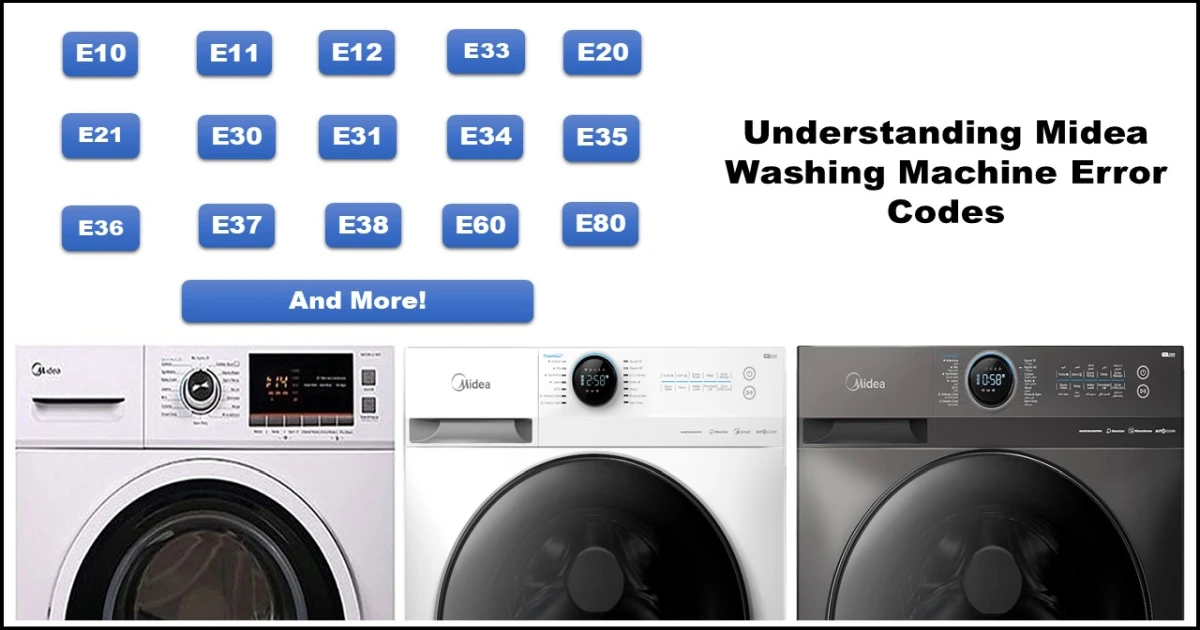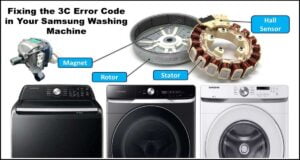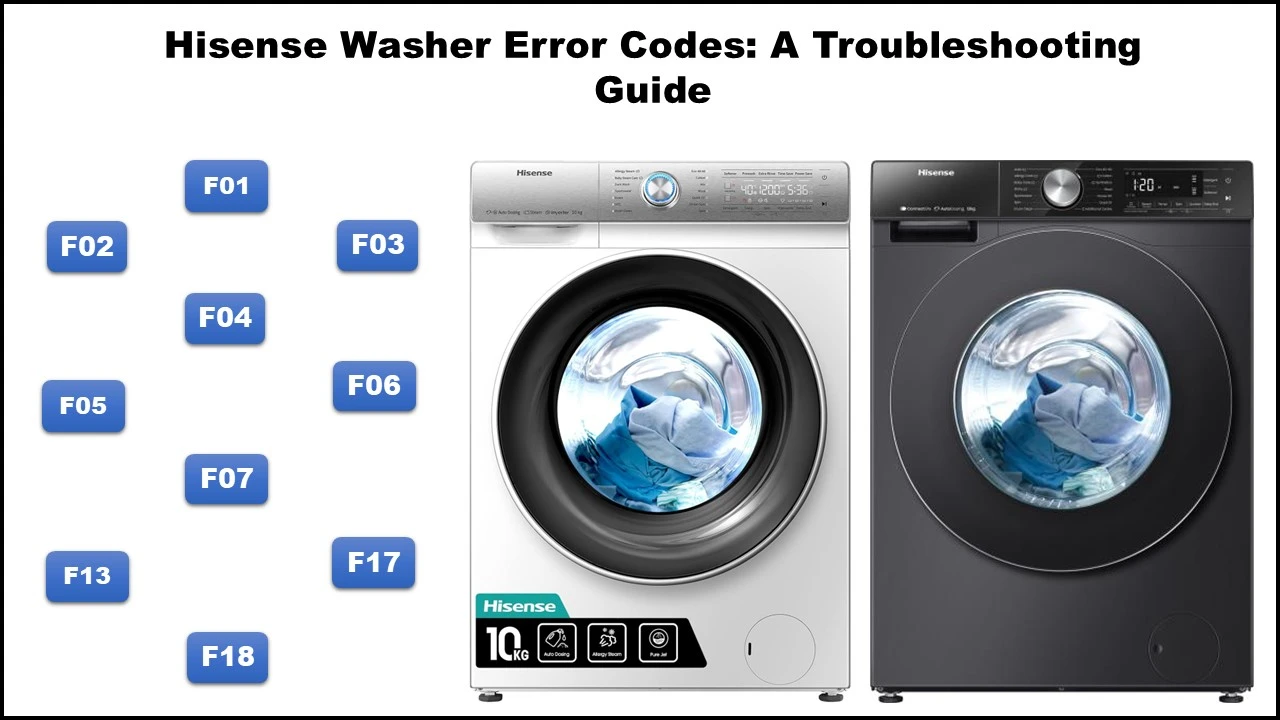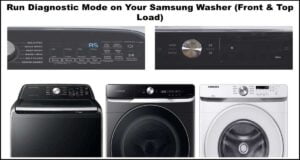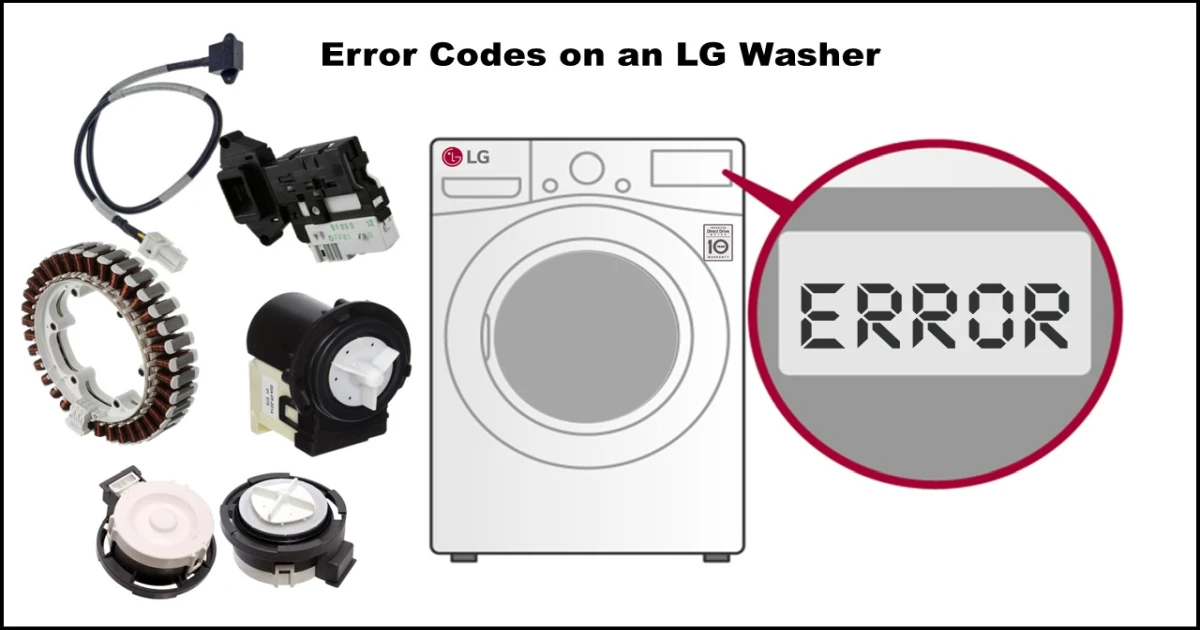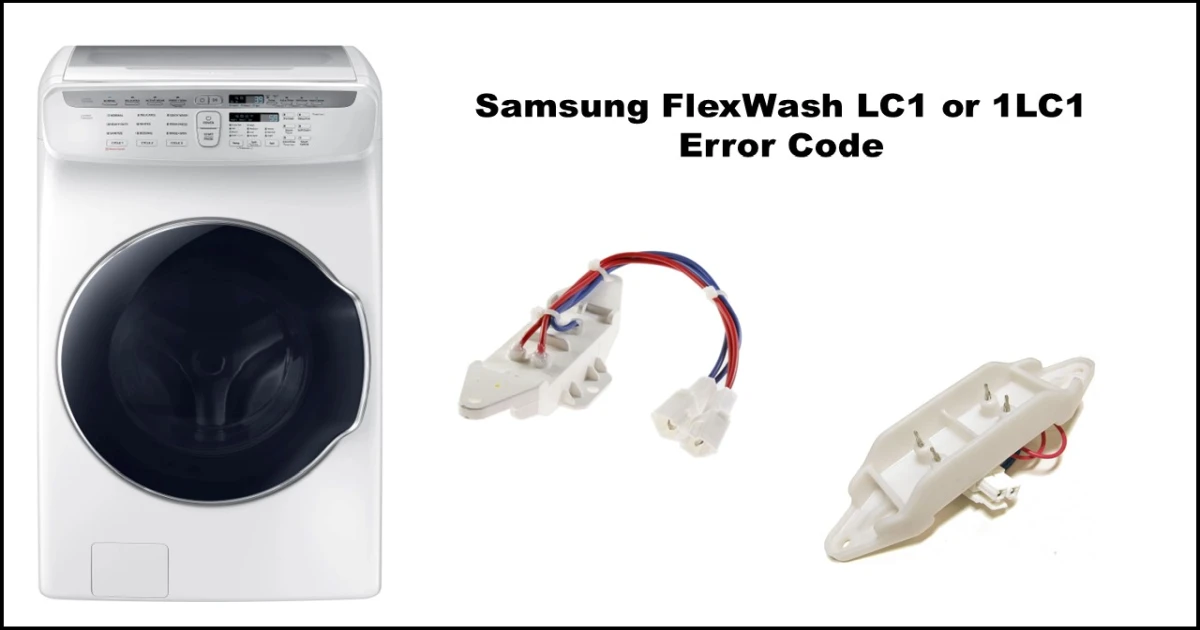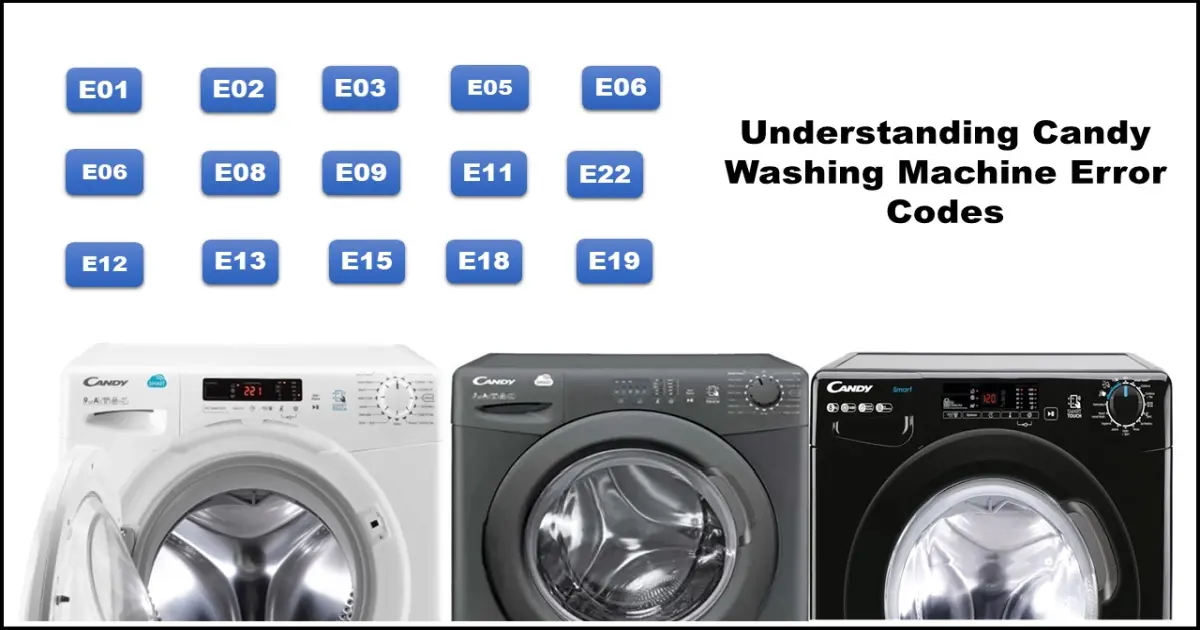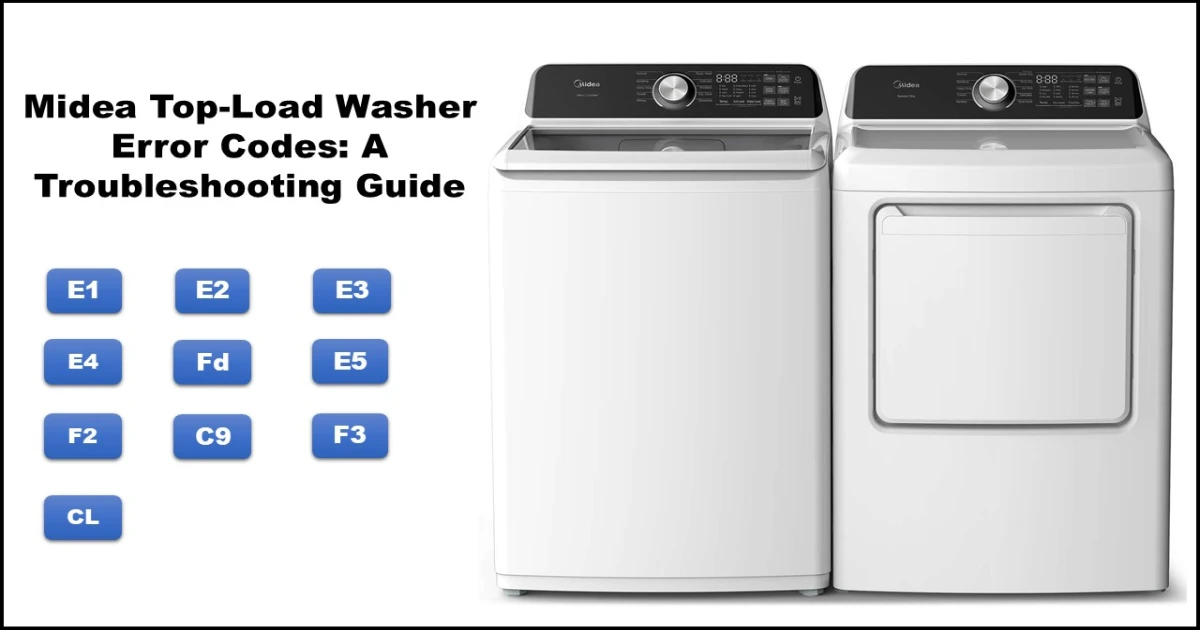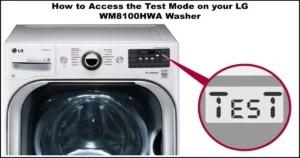Choosing the right washing machine is crucial for ensuring clean and fresh laundry. When considering front loaders and top loaders, factors such as efficiency, convenience, and maintenance play a vital role. In this blog post, we will explore the differences between front loaders and top loaders while emphasizing their impact on washing machine repairs.
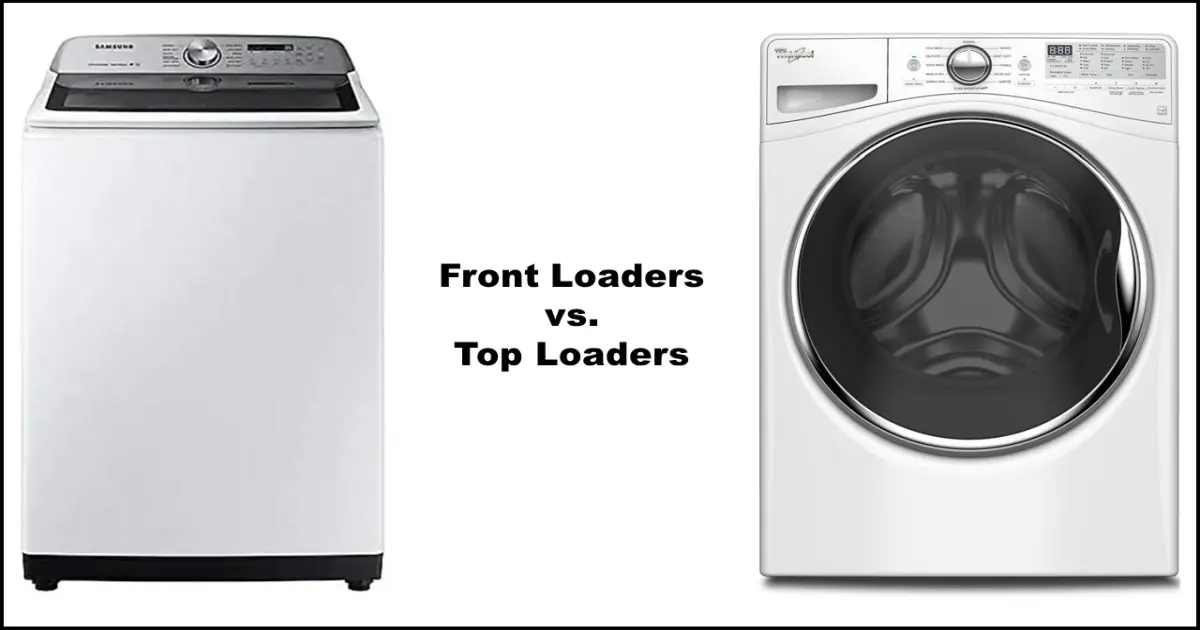
By understanding these aspects, you’ll be better equipped to make an informed decision and keep your laundry routine running smoothly.
Front Loaders vs. Top Loaders: Efficiency
Front Loaders: Front-loading washing machines are known for their energy and water efficiency. These machines typically use less water and detergent due to their tumbling action, which lifts and drops the clothes repeatedly. The horizontal drum design allows for thorough cleaning while reducing overall water consumption. Additionally, front loaders have higher spin speeds, leading to better water extraction and shorter drying times.
Top Loaders: Top-loading washing machines, on the other hand, generally use more water and detergent because the clothes are submerged in a deep pool of water during the wash cycle. While they may consume more resources, top loaders are often quicker and more convenient when it comes to loading and unloading laundry.
Front Loaders vs. Top Loaders: Washing Machine Repairs
Front Loaders: Front loaders are known for their longevity and durability. However, they may require more attention and maintenance. The rubber door gasket, which creates a watertight seal, can accumulate dirt, debris, and even mold if not cleaned regularly. This can lead to unpleasant odors and potential leaks. Additionally, front loaders are more prone to developing issues with the electronic control board, motor, or pump, which may necessitate professional repairs.
Top Loaders: Top loaders, being simpler in design, generally require fewer repairs. However, one common issue with top-loading machines is an unbalanced load, which can cause excessive vibrations during the spin cycle. This can lead to premature wear and tear on components such as the suspension system or motor. Furthermore, if the machine is overloaded, it can strain the motor and other internal mechanisms, potentially leading to breakdowns.
Maintenance Tips for Both Types:
To minimize the need for washing machine repairs, consider the following maintenance tips:
- Clean the machine regularly: Wipe down the drum, detergent dispenser, and door gasket to prevent mold and mildew growth. Use a suitable cleaner and run regular maintenance cycles as recommended by the manufacturer.
- Use the correct amount of detergent: Avoid using excessive detergent, as it can cause buildup and affect the machine’s performance.
- Balance the load: Distribute clothes evenly in the drum to prevent imbalance issues and minimize strain on the motor and suspension system.
- Check water inlet hoses: Inspect the hoses periodically for signs of damage or leaks. Replace them if necessary to prevent water damage or flooding.
Conclusion:
Choosing between a front loader and a top loader washing machine depends on your specific needs and priorities. Front loaders offer energy and water efficiency but require more regular maintenance to avoid potential issues. Top loaders, on the other hand, provide convenience and ease of use but may be more prone to unbalanced loads and vibrations. By understanding the trade-offs and properly maintaining your chosen machine, you can enjoy cleaner laundry while minimizing the need for washing machine repairs.
